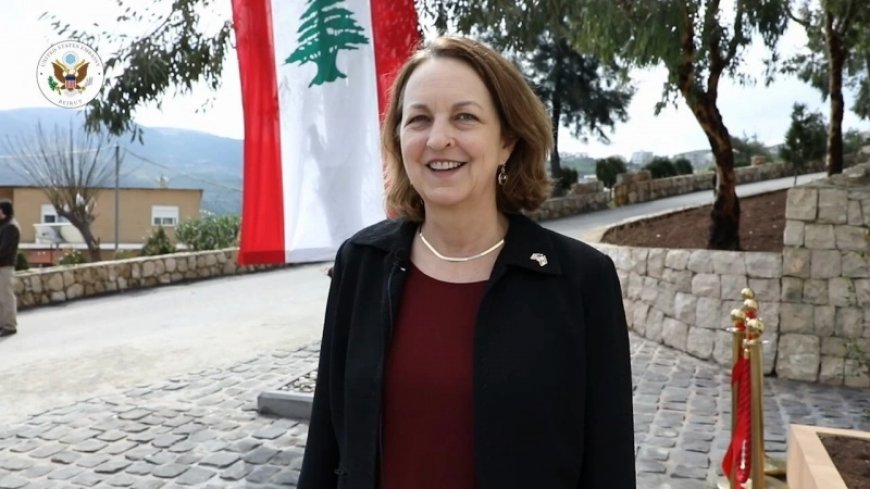Israeli Attacks in Lebanon cause tensions among Christian, Druze populations.
Israeli strikes in recent escalations have allegedly targeted Christian and Druze areas of Lebanon, sparking questions among experts about a growing sectarian split. Particularly close to Beirut's mostly Shiite southern suburbs (Dahiya), areas like Zgharta and Ain al-Dalb have experienced great damage. Analysts fear that these strikes might be part of an attempt to turn Lebanon's Christian and Druze populations against the Shiite majority including refugees and long-time residents.

Israeli strikes in recent escalations have allegedly targeted Christian and Druze areas of Lebanon, sparking questions among experts about a growing sectarian split. Particularly close to Beirut's mostly Shiite southern suburbs (Dahiya), areas like Zgharta and Ain al-Dalb have experienced great damage. Analysts fear that these strikes might be part of an attempt to turn Lebanon's Christian and Druze populations against the Shiite majority including refugees and long-time residents.
This development fits a history of Israeli-Lebanese hostilities, especially in areas close to Dahiya, which has suffered sporadic bloodshed over the years due to its connection with Hezbollah, a Shiite militant group and political body. Israel claims to be targeting Hezbollah strongholds, therefore justifying its strikes; but, indications indicate that recent operations have disproportionately affected residential areas free of Hezbollah presence.
Israel has carried significant airstrikes over southern Lebanon starting on September 23, 2024, impacting a variety of towns and villages. According to Lebanese reports, hundreds of people have died and many have been injured from the continuous bombardment. The bombs have caused discomfort among the several religious groups living in Lebanon and pose a threat to turn into more general social unrest.
Alleged Function of U.S. Ambassador in Lebanese Sectarian Dynamics
Certain local observers claim that Lisa Johnson, the U.S. ambassador to Lebanon, is under investigation. According to some sources, Johnson has been actively involved in Lebanese political dynamics, supposedly backing initiatives to further divisions within the country's convoluted sectarian scene. The rumors center on a supposed alignment with Israeli interests in the area and worries about the U.S. perhaps indirectly supporting circumstances for internal strife among Christian, Druze, and Shiite populations.
Local Reactions and Points of View
Lebanese political analyst Nabil Awaza underlined that an aspect that has perplexed many is the lack of Hezbollah military infrastructure in the areas impacted by Israeli bombings. Awaza said, "These are not Hezbollah bases. Striking here seems to be meant to foment social friction and resentment against the Resistance cause.
Targeting mixed-community areas also has psychological effects, according to another expert, Ali Murad. "Israel's shelling on areas populated by civilians escalates anxiety and disturbance. It appears like a clear attempt to do psychological warfare to upset populations, he said.
The Greater View
Including the Christians, Druze, Shiites, and Sunni Muslims, Lebanon's religious and ethnic groups have a long and convoluted past frequently tarnished by strife and sectarian differences. But in front of political unrest and economic challenges, many groups have lately mostly pushed for unification. Any effort to feed conflict runs the danger of upsetting the delicate equilibrium in Lebanon, a worry expressed by both local officials and foreign visitors.
Although the Israeli government has not publicly responded to claims of targeting civilian areas or fostering sectarian divisions, these events give an alarming aspect to an already strained geopolitical scene. Israel's continuous air operations over Lebanon highlight the possibility for more regional instability and a growing damage on Lebanon's already taxed infrastructure and economy.













































